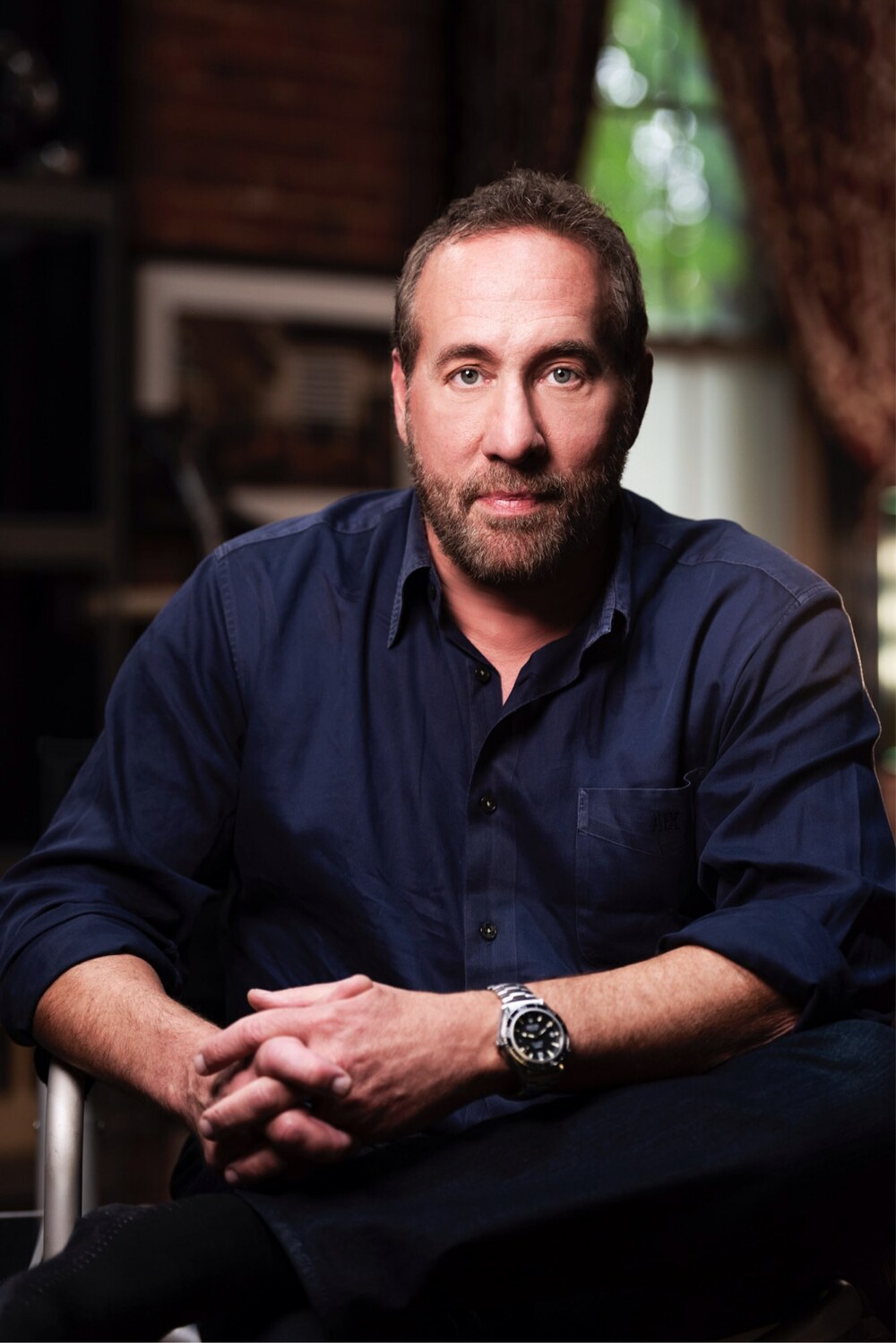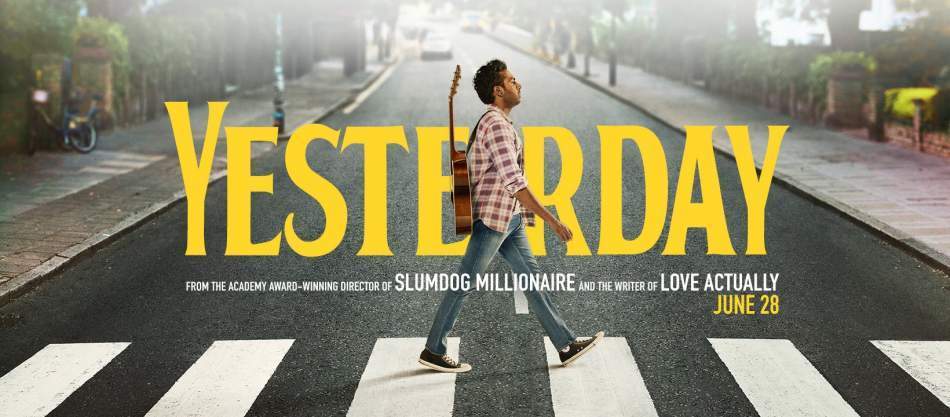Judgment, interview thriller with author Joseph Finder
Judgment is a thriller book: it’s a New York Times bestseller
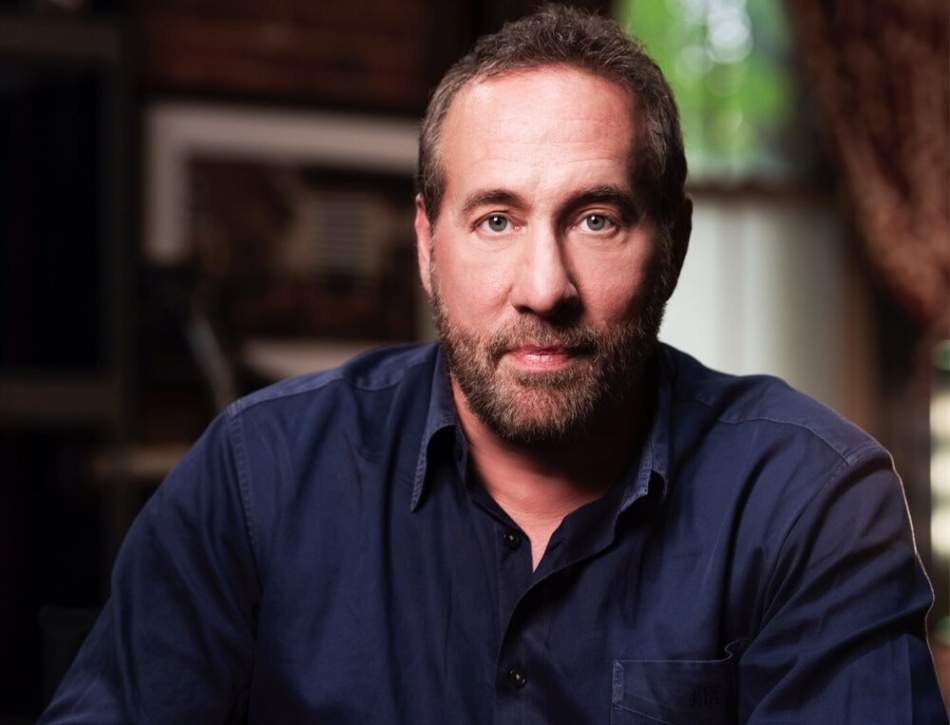
Joseph Finder is the author of thriller as High Crimes (1998), Paranoia (2004). Killer Instinct (2006), The Fixer (2015. Judgment is the recent book: his book are in New York Times best-seller list.
Q. What was your inspiration behind Juliana Brody, your first female lead character since Company Man (2005)?
A. I’ve written plenty of female characters, but like most male writers, I think I’ve tended to be more comfortable writing male heroes, slipping into familiar clothing. But not long ago I was talking to a friend of mine, a female judge, about what it’s like in her personal life to be a judge. Are people intimidated when they find out she’s a judge? Does she have to be careful when going out in public? She told me she is always aware of having to observe a certain decorum. Her kids have to behave themselves. There’s always a spotlight on her family. She never drives above the speed limit and she never has a drink before getting behind the wheel. That sparked the idea of a judge who makes one mistake and thereby is entrapped. The story would be much more interesting if the lead character was a woman, I realized. Because I think a female judge who does what my character, Juliana Brody does – has a one-night stand – would be more severely and unfairly judged than a male one.
Q. Did you interview judges?
A. In an attempt to get into Juliana’s head, I met with five female judges in Boston. Four are Superior Court judges in Massachusetts; one is a retired Supreme Judicial Court justice (a truly great figure named Margaret Marshall). I wanted to get a sense of what it’s like to be a judge, what their daily lives are like, all the quotidian details. And how they’d respond to a fictional case about sex discrimination in the workplace. They were all terrifically interested and helpful, in different ways. I got a number of different slices of the lives of judges, which helped me create my fictional judge. They told me about their struggles with sexism early in their careers, about the mentors who guided their careers, and about security threats they’ve been faced with.
Q. She’s presiding over a case of sex discrimination in a tech company, a ride-hailing company called Wheelz. Is that Uber?
A. Well, it’s a fictional competitor to Uber and Lyft. There have been a number of prominent allegations of sex discrimination and sexual harassment at Uber. There’s at least one major lawsuit against Uber over gender discrimination, and what it’s really all about is the toxic “brogrammer” culture -- the testosterone-fueled frat house culture that’s common in Silicon Valley. We’re talking computer programmers, self-described coder geeks, and Jägermeister shots and parties in hot tubs. And I thought it would be interesting to have a female judge presiding over this case, reading and hearing about this culture, and see how she reacts.
Q. A major plot point concerns something called kompromat. What is that?
A. It’s a Russian word, an abbreviation for “compromising material.” It’s not just blackmail. It refers to the use of damaging information to target someone — whether to neutralize or blackmail them, embarrass or expose them. Or to sway public opinion. It’s a technique used a lot in Russian politics (and in Soviet times). The government of Russia is expert at it, and the great master of kompromat is Vladimir Putin. Kompromat is how he reached the presidency of Russia in a tumultuous and ruthless time and has managed to stay at the top for 20 years. And of course one of the biggest questions of our time is whether Putin has kompromat on Trump.
Schede
Q. When Juliana goes to Washington, D.C., to seek government help, she gets the brush off — no one, not the FBI or the CIA or the Justice Department, wants to take on a case involving Russia, a case against a Russian oligarch. Is that really the way things are?
A. I’d call it sort of a dystopian prediction. I’ve watched how our president has been systematically delegitimizing and undermining the Justice Department and the FBI, in his quest to terminate the Mueller investigation. And I don’t know how well career officials in the Justice Department can withstand Presidential assault. The U.S. government has imposed sanctions on a number of Russian oligarchs, but whether it is enforcing those sanctions is a matter of some controversy. For instance, in a little-observed move, Trump’s State Department disbanded its sanctions office. And the office in the Treasury Department that enforces sanctions has been doing a lot less enforcement. Given the president’s reluctance to criticize Russia, and a bureaucracy under intense pressure, it’s not much of a stretch to imagine a government that’s gun-shy when it comes to investigating Russia or targeting one of its most eminent oligarchs.
Q. No spoilers on how this relates to Judgment, but could Vladimir Putin actually “own” an oligarch?
A. Absolutely. The investor Bill Browder, whom I interviewed for Judgment, argues that none of the Russian billionaire oligarchs are independently wealthy; they’re all dependently wealthy—they depend on Putin. Evidently, Putin struck a deal with the oligarchs early on in his tenure: they could keep their billions so long as they stayed out of politics and didn’t try to undermine him. Those who dared to oppose him have ended up dead. And Putin came out of this deal a billionaire. He has a palace on the Black Sea that cost a billion dollars to build.
There’s one Russian oligarch, a big investor in Facebook and Twitter, who recently bought the biggest house in Silicon Valley for $100 million. Well, it turns out (we know this from the Paradise Papers, a leak of secret documents from an offshore law firm) that his main investor is the Kremlin, which wired him, through shell companies, hundreds of millions. So is he a money-manager for the Kremlin— or does his personal wealth actually belong to the Kremlin? Could, would Putin create a notional “oligarch” using Kremlin funds? Maybe he already has.
© All rights reserved
You Might Be Interested

Send Help, Sam Raimi Director and Zainab Azizi Producer interview
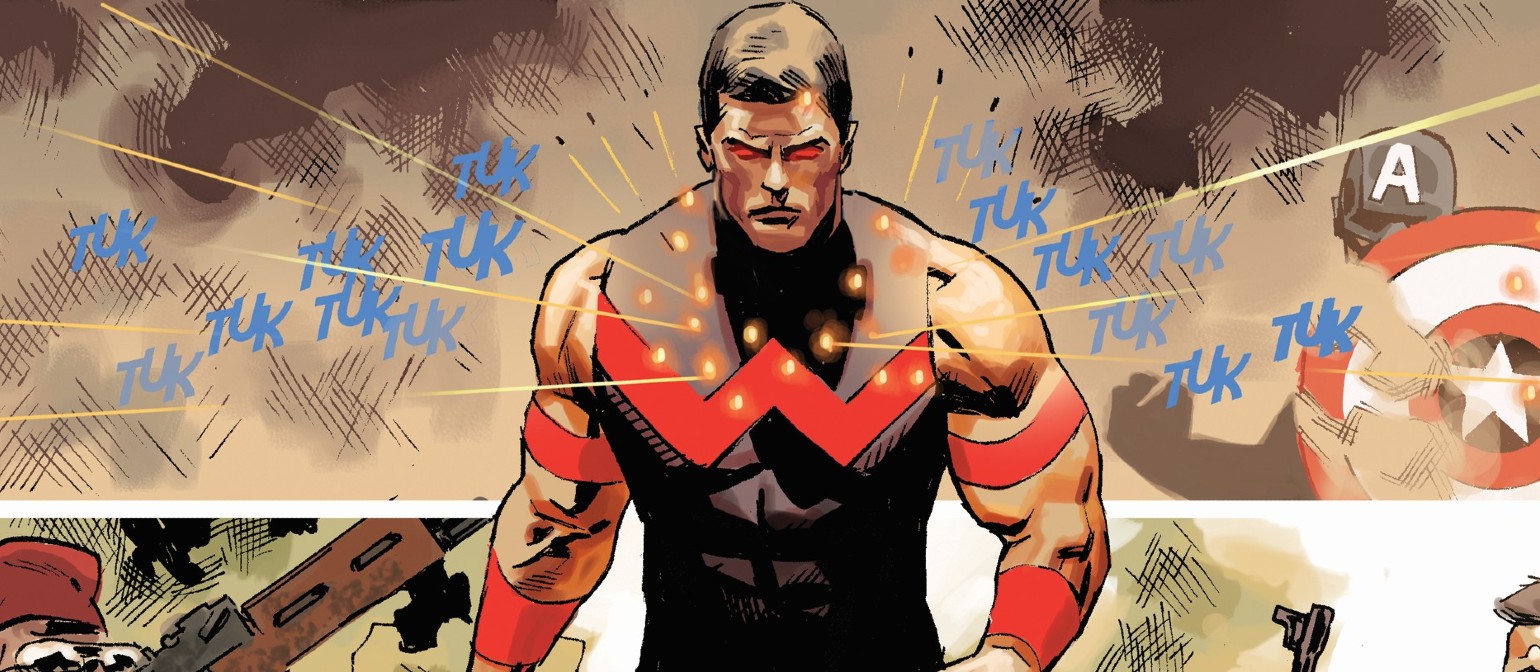
Wonder Man Sir Ben Kingsley and Yahya Abdul-Mateen II Interview
The statements of Sir Ben Kingsley and Yahya Abdul-Mateen II
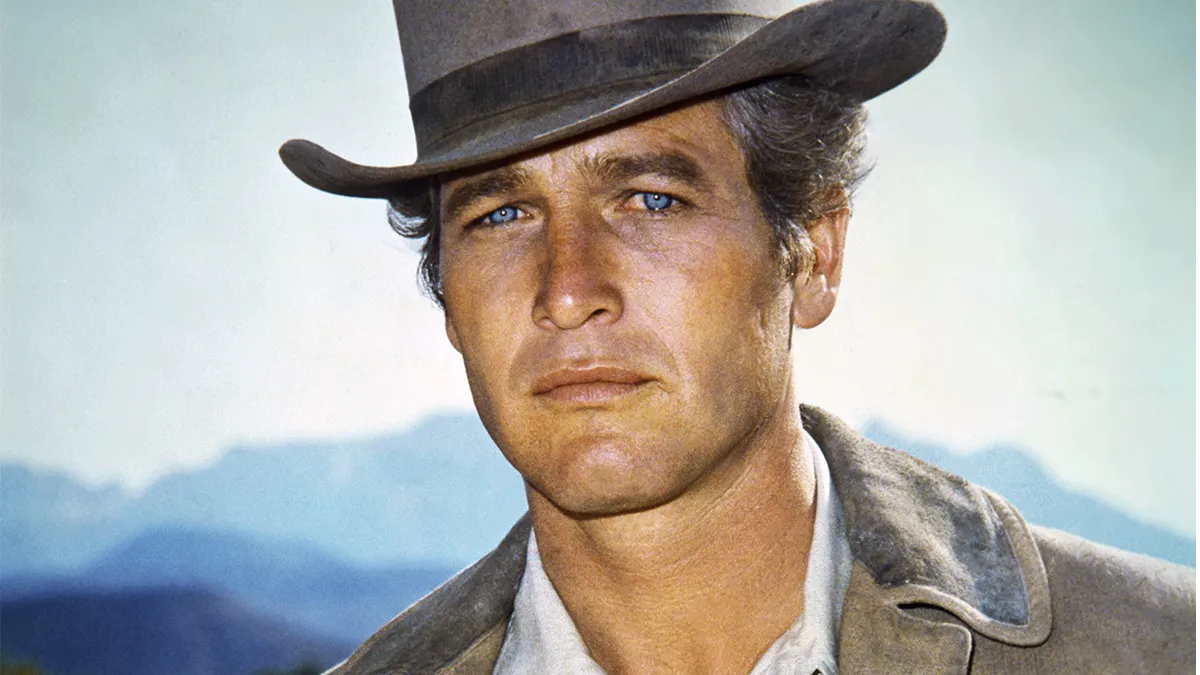
Paul Newman: A Historic Legacy
Paul Newman was born on January 26, 1925, in Shaker Heights, Ohio
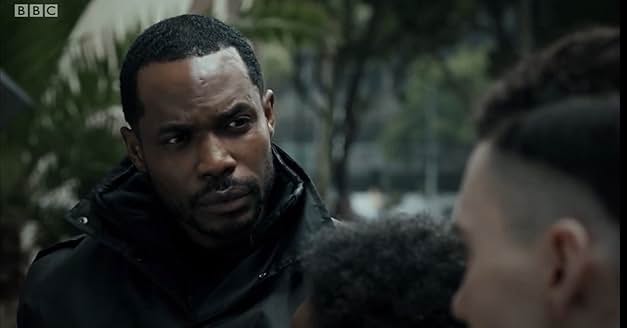
How to Make a Killing, Stevel Marc interview
How to Make a Killing will be released in theaters on February 20, 2026.

Send Help, Sam Raimi interview
The statements by Sam Raimi

Send Help, Rachel McAddams interview
The statements by Rachel McAddams

Ponies, Haley Lu Richardson interview
the statements of Haley Lu Richardson

Ponies, Emilia Clarke interview
The statements of Emilia Clarke

